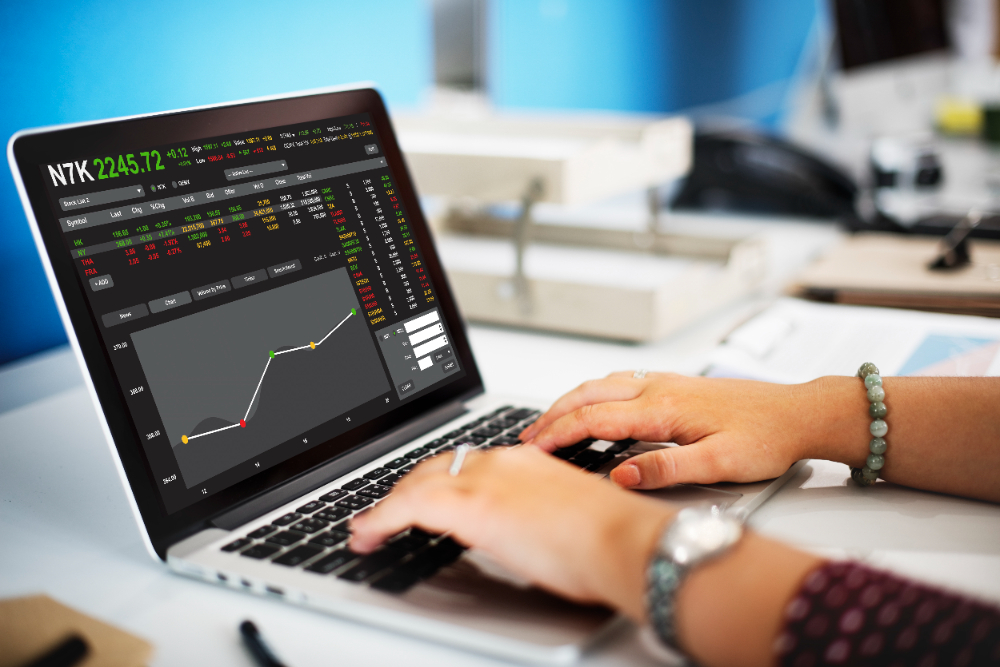Backtesting is arguably the most important yet most disrespected aspect of trading. Here’s why backtesting is worth it…
Trading Psychology Isn’t What You Think It Is
“Psychology, Psychology, Psychology” If you’ve been trading for a while, you would hear the importance of psychology in trading. It’s named the biggest reason why traders fail and is often interpreted as the mental aspect of trading. A trader’s behaviour and mindset dictate how they approach the market, so it would seem that psychology is the most important thing in trading. I am here to tell you that: Psychology is actually a byproduct of 4 things: Let’s examine the first two… Your ability to execute is being able to take action and do things as you planned – this is related to mental fortitude, which is executing your trading plan despite losses, losing streaks, fear, and greed. The ability to execute and have mental fortitude is typically a concise way of how people describe trading psychology. But what people miss is that risk management and strategy are just as important as the mental aspects and can even influence the mental aspects too. Why risk management and strategy are just as important as the mental aspects No matter how good your trading mindset is, if you’re risking 50% of your capital every trade, the chances of you becoming a successful trader significantly decrease. In fact, a superior trading mindset can delude you to keep making the same risk management errors after blowing your account. Now, let’s talk about strategy. Your strategy is the weapon you use in the digital battlefield we call trading markets. The more refined and accurate your weapon is, the more confidence you have in it getting the job done. With that analogy, imagine how your psychology would be affected if: All of a sudden, the traits of poor psychology and lack of confidence start to play out. A superior trading mindset is built from knowing your trading strategy works (and understanding it too). Bad mindset + bad strategy = doom. Superior mindset + bad strategy = delusion. Bad mindset + good strategy = depends. Superior mindset + good strategy = winner. But what does it mean to understand your trading strategy? In trading, there are key statistics such as losing streaks, average win trade duration, and the days/weeks/months you’re likely to win. Someone with this type of information is more likely to have mental advantages than someone that doesn’t. And guess what? Getting this data can be achieved without losing money — via backtesting or trading on a demo account. Remember, your strategy is your weapon in the market. The better you understand it, the more confident you’ll be in using it. P.S. Risk management is a component of strategy. We’re building the strategy tools to make you a more confident trader If you’re someone that would like to maximise their trading psychology by having a solid strategy, sign up to beta test our trading AI software here:
7 Random Bad Thoughts Modern Traders Have
If you’ve traded for longer than a month, you’ve most likely had one of these 7 thoughts invade your mind.
Why Data Visualisation Is The New Currency In Trading
Data visualisation is the tool to mine gold (secrets) in the markets. Learn about its importance.
A Practice That’s Bad In The Real World But Good For Trading
It isn’t what you think it is.
Why Trading Is Like a Video Game
Games have checkpoints or hearts. The equivalent in trading is your balance. Learn how the two are strikingly similar.
Trading: Solo vs Team. Which is Better?
Discover the differences between trading solo and in a team. The route you take is critical to your trading success.
Why New Traders Should Run Away From AI (for now)
AI is not your friend when you start trading. Here’s why you should learn how to trade first before progressing to AI-based trading.
Why Trading and Dating Are No Different
There are too many similarities. Learning from them could help you become a better trader.
How To Treat Trading Like a Business (because it is one)
Trading and business are no different. Learn how to easily master a business-minded approach to trading.





